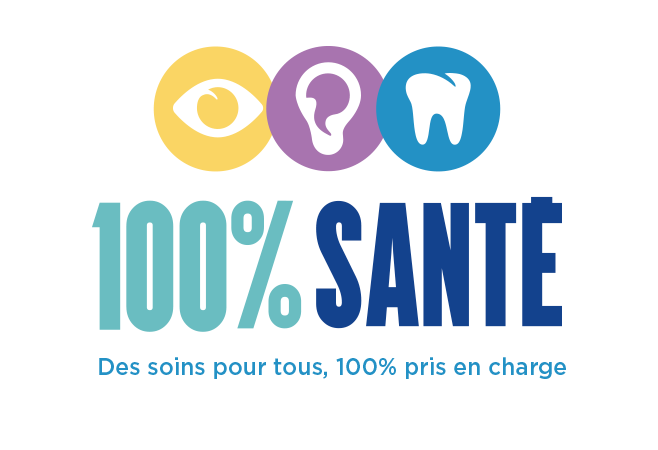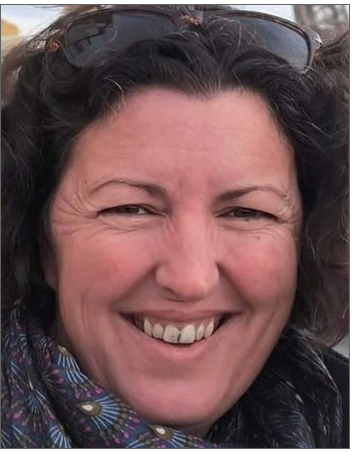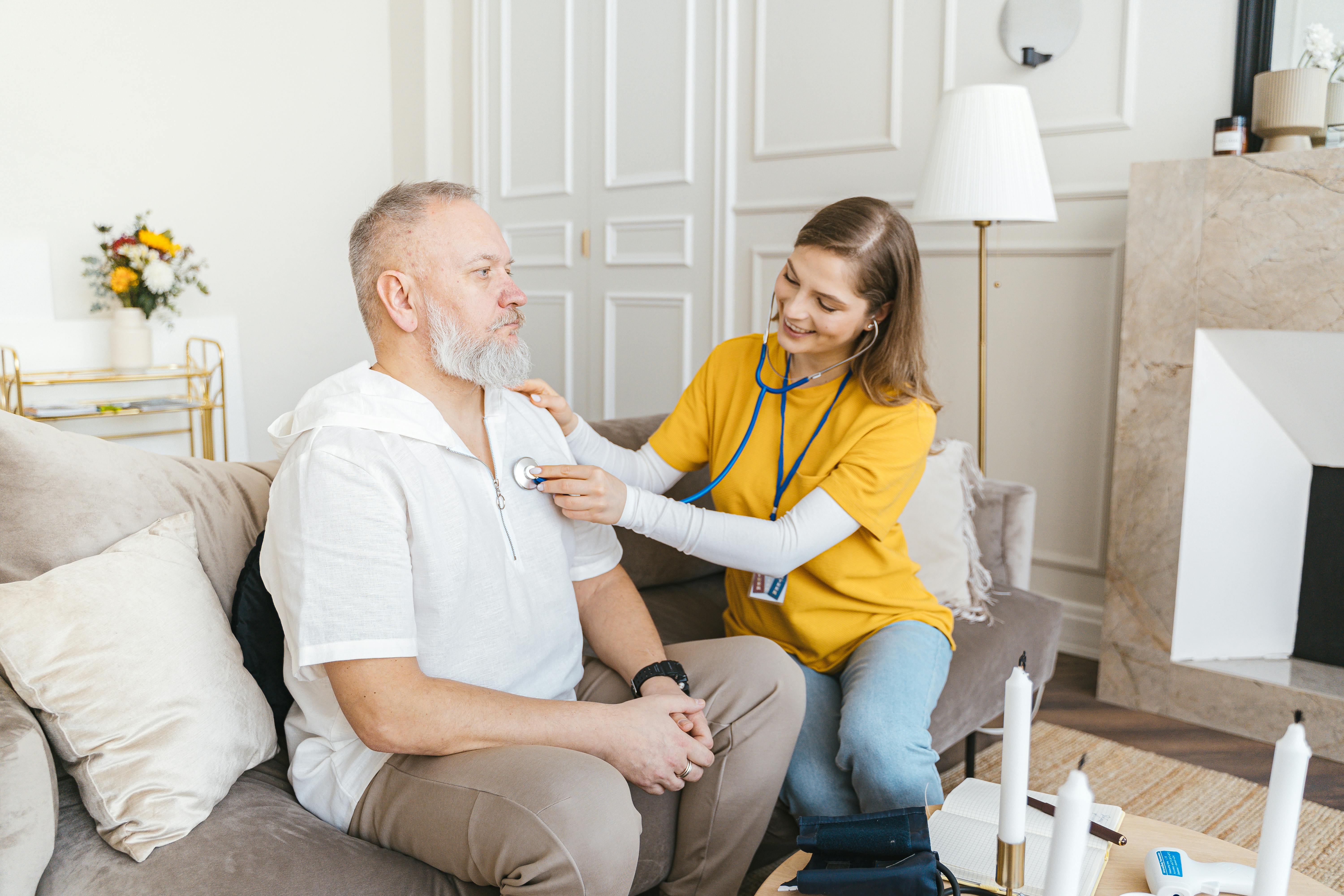In 2019, French President Emmanuel Macron unveiled the “100% Santé” law, which came into full effect in 2021. It is aimed at providing all French citizens with access to free or affordable healthcare services, including dental, optical, and hearing care. The law is part of Macron’s broader healthcare reform plan, which seeks to improve the quality of care while reducing the financial burden on patients. Health insurance providers in France are required by law to cover a portion of the costs associated with the scheme. The purpose of this requirement is to ensure that all French citizens have access to high-quality healthcare services, regardless of their income or location. To learn more about the scheme here is a video in French with an explanation
The 100% Santé law introduces three levels of coverage for dental, optical, and hearing care. The first level, referred to as “panier de soins 100% Santé,” provides full coverage for a range of essential services, such as dental fillings, eyeglasses, and hearing aids. Patients can choose from a range of pre-approved products and services, without having to pay anything out of pocket.

The second level of coverage, called “panier de soins à tarif modéré,” provides partial coverage for more advanced services, such as dental crowns and contact lenses. Patients pay a portion of the cost, with the remainder covered by the state or private insurance.
Finally, the third level of coverage, referred to as “panier de soins à tarif libre,” allows patients to choose from a range of premium services and products, with no set limit on cost.
One of the key goals of the 100% Santé law is to reduce the financial burden on patients, particularly those who cannot afford to pay for essential healthcare services. The law also aims to improve the quality of care by ensuring that all patients have access to essential services, regardless of their income or location. The role of health insurance providers in the 100% Santé scheme is to ensure that all patients have access to essential healthcare services, regardless of their income or location. Health insurance providers are required to cover a portion of the costs associated with the scheme, helping to reduce the financial burden on patients.

What is covered?
Optical
Today, the average out-of-pocket expense is €65 (out of an average of €290, including €135 for frames). With the “100% health” offer, the person will be reimbursed at 100%, with a maximum charge of €105 (including €30 for the frame).
They can also opt for the “100% health” package for lenses: with another frame, which will be reimbursed up to a maximum of €100.
Hearing aids
Today, only 1 in 3 French people suffering from hearing loss are fitted with a hearing aid. The average outlay is €850 per ear (for a total cost of €1,500). In 2021. “This reform means that all our fellow citizens, and I’m thinking in particular of the elderly, will have access to a hearing aid with no out-of-pocket expenses,” said a delighted Agnès Buzyn.
Dental
Today, going to the dentist is expensive: fewer people go in France than elsewhere in Europe. On average, a ceramic crown costs €195. Tomorrow, it will be 100% reimbursed.

Overview
The 100% Santé law has been met with mixed reactions from various stakeholders. While patient advocacy groups and healthcare professionals have praised the law for improving access to care, some private insurers and dental and optical professionals have expressed concerns over the impact of the law on their businesses.
From experience, It can be difficult to get the information and quotes necessary for the 100% Santé coverage. Opticiens in particular will generally do their best to sell you glasses or lenses that are not covered by this scheme, and you may have to insist in a forceful manor for a quote via the 100% Santé scheme.
In conclusion, the 100% Santé law is a significant step towards providing all French citizens with access to quality healthcare services, regardless of their income or location. While there are still concerns over its implementation and impact, the law represents an important milestone in the country’s efforts to improve its healthcare system.






